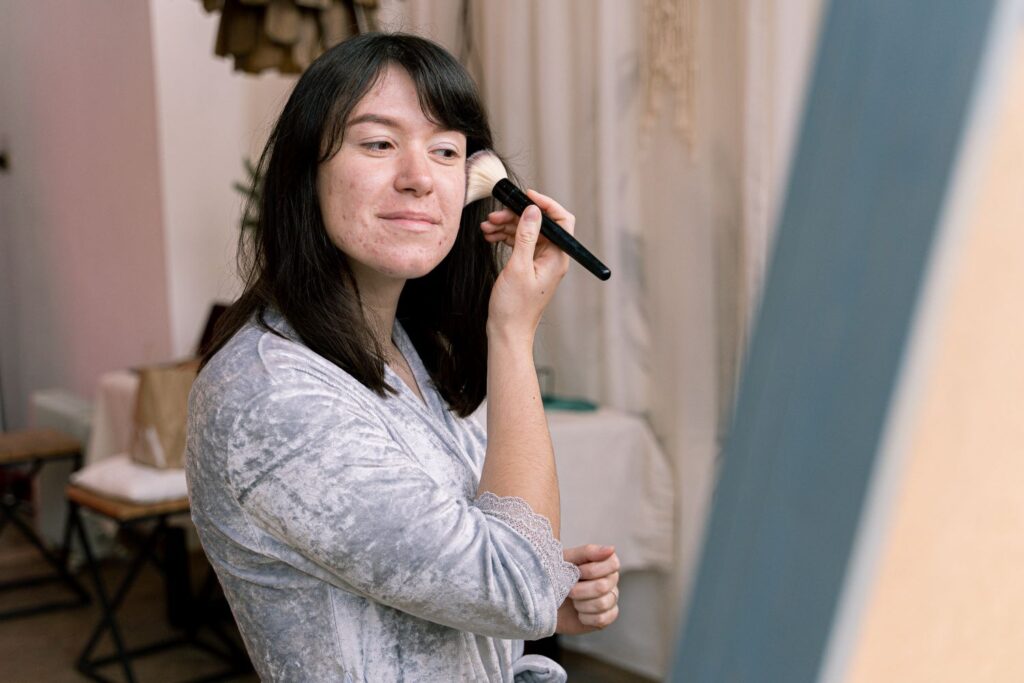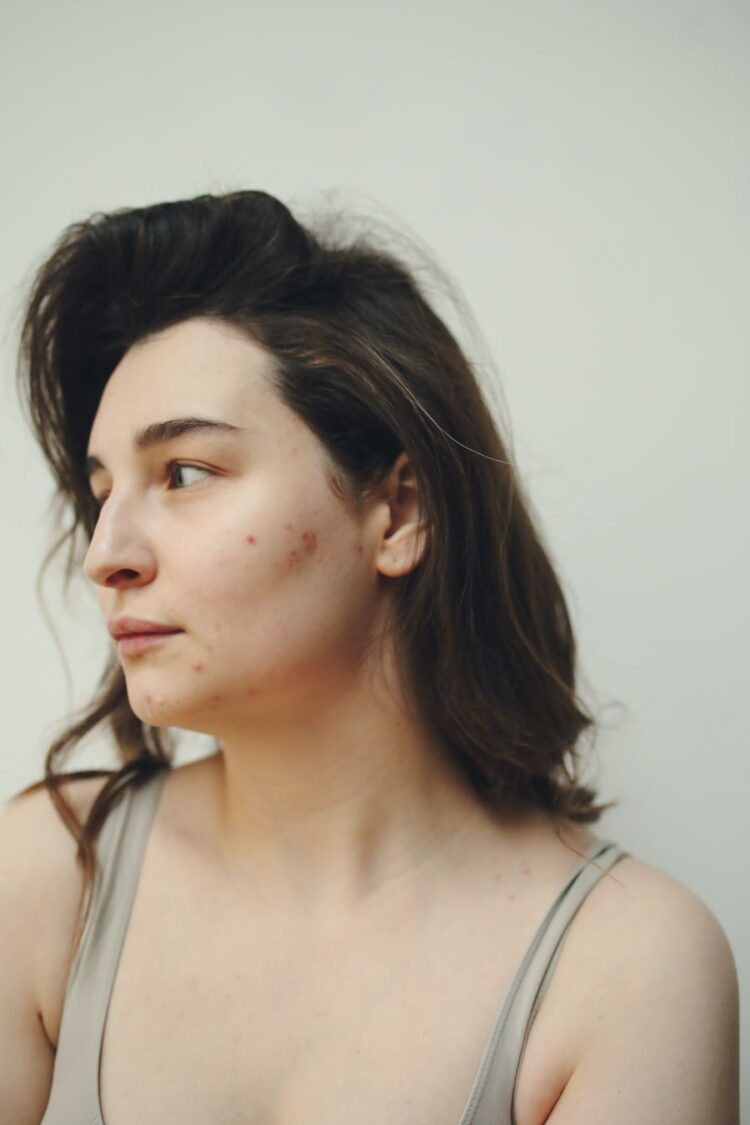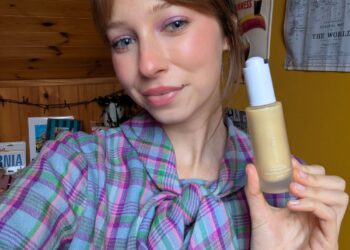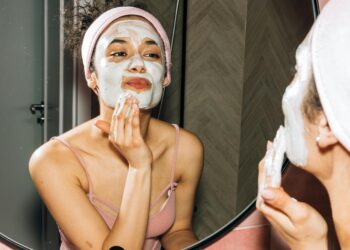We talked to an expert for Acne Awareness Month about the prevention and treatment of acne and why the medical condition needs to be taken seriously
When it comes to looking after our skin during the warmer months, we need to be thinking about more than just SPF. Summer can be a particularly tough time for those suffering with various forms of acne.
We spoke to Professor Caitriona Ryan, Consultant Dermatologist, Institute of Dermatologists, to get to the bottom of some common misconceptions about the condition and the various ways it can be treated.
Bacne
When it comes to this particular condition, Professor Ryan says that bacne is really a catch-all term for any form of acne eruption on the back.
“Bacne, more commonly, is referring to folliculitis which is the inflammation of the hair follicle,’ she explains, “and we would see it a lot in people who have sweaty backs, either because it’s the summer months or they’re on holiday or in the gym a lot.
“It can be caused by a lot of different things – often there’s no infection involved but sometimes it can be a bacterial or a yeast overgrowth on the skin as well. There are red bumps which are papules or yellow bumps which are postules.”
How to treat bacne
- Prevention – The first thing to think about is prevention. Professor Ryan says that gym clothing is designed to absorb the moisture so that it doesn’t stay on the skin and it’s important to wear that when working out.
“If you are in the gym or go for a run, you should shower straight afterwards. I know it sounds obvious but a lot of people don’t. If you’re in a hot place or there is hot weather, wear loose, breathable clothing. It’s the warm clammy environment that encourages the growth of the bacteria or yeast.”
- Specific cleansers – For those who are prone to acne or folliculitis, cleansers containing salicylic acid can be really helpful just to stop the clogging of the pores or hair follicles.
- Depending on whether there is an overgrowth of bacteria or yeast, sometimes medical treatments are needed. Typical antibiotics are tetracyclines, the hormonal treatments are birth control pills, spironolactone and isotretinoin (Roaccutane). These should only ever be prescribed and taken under medical supervision.

Acne
Did you know that up to 90% of people get acne at some stage in their life – so, in fact, it’s the norm rather than the exception to get it.
If you experience it as a teenager, it will often go away by itself. However, for those who develop it in adult life, it will most likely wax and wane throughout your life.
Professor Ryan says: “Lots of things make any inflammatory condition worsen – some people get acne after pregnancy, some have a genetic disposition to it, acne can be exacerbated in times of stress, sometimes it’s skincare related. With the amount of layers people pile on their skin, they can almost get a mechanical acne or acne cosmetica from that.”
Makeup and acne
While many of us may think that it’s best not to clog the skin further by wearing makeup, Professor Ryan disagrees wholeheartedly.
“It’s fine to wear makeup when you have acne,” she states. “The time when you need to wear makeup the most is when you have acne. I feel really sorry for people who come into me, particularly with very severe acne and say, ‘I haven’t even worn makeup in three months’.
“Makeup nowadays is much less harsh on the skin. As long as it says oil-free or non-comedogenic (which most makeup is now), it usually is fine to wear. Do a double cleanse in the evening though!”
How to treat acne
“The first thing to know about acne is that it’s not your fault if you have it,” says Professor Ryan. “Often people think it’s because they’re not eating well enough or not taking care of their skin. It’s a medical condition, first and foremost.
“I suggest the simple things – cleansing morning and evening, the over-the-counter products that have salicylic acid in them are a good place to start, especially for teenage acne. The Relife Papix cleanser with salicylic acid is a good one for teenagers. And then keeping your moisturisers and makeup oil free. You can and should still moisturise if you need to – just make sure it’s oil free.”

Acne scarring
Acne scars can be a huge issue for people who have lived with acne but can they ever really disappear? According to Professor Ryan, you need to get to the root of the problem first.
“The most important thing to do if you want to treat scars or prevent them from occurring is to treat the acne,” she insists. “It’s incredible the amount of people I see who still have acne but want to treat the scars.
“The key is to find a treatment that is actually going to put the acne into remission and, of course, don’t squeeze or pick at your spots because the spots, particularly cystic sites, can cause a scar all by themselves. If you squeeze down to the deeper dermis, you’re making a deeper scar. Even squeezing blackheads can cause ice pick scarring.”
The impact on mental health
If the acne is not responding to over-the-counter treatment, it’s imperative that you see your GP for a referral to a dermatologist. Professor Ryan that even just having one scar from one spot is enough to give you pause.
“It’s a lot of scars over time and it’s important to get in there early,” she declares. “If it’s affecting confidence, if it’s affecting mental health, it’s vital to see someone because it’s a very treatable condition. There’s no need for someone to be walking around with severe acne in this day and age, especially with the treatments we have available to them.
“Acne affects teens and young adults at a very formative time in their life and these kinds of things can really affect confidence and the way you present yourself to the world. It’s important to take it seriously.”








